Fergus Steyn is a bit bored after his retirement. After a professionally successful but obviously quite lonely private life, he is indulging in his childhood memories especially since he was invited as a conference speaker. The conference is on the experience of those Dutch who were repatriated from the former Dutch East Indies after WWII and Fergus Steyn is supposed to deliver a speech and a conference paper on that occasion.
After an early childhood in a caring middle-class family in Batavia (now Jakarta), young Fergus is spending a hard time after the invasion of the East Indies by Japanese troops. Dutch women and children are interned in a camp near Bandung, whereas the men – among them also Fergus’ father – are brought to a slave labor camp in Burma. But Fergus is lucky: his family is surviving the hardships of war and internment and is being repatriated in 1946. But the journey to the Netherlands proves to be much more difficult as the Steyns expected: the women and children are first brought to Ceylon before they are reunited with their husbands and fathers and they have to pass a quite long period on this tropical island before they can proceed with their journey home.
During the ship passage and the time in Kandy, Ceylon, young Fergus (called “Taffy”) gets acquainted with other children with a similar background. There is the ever-hungry Bollie and his big brother Hermann, Filip and his sister Flortje, the Indo boy Jop called “Djangkrik”, and the charismatic girl Pinkie who forms a kind of gang with a secret language and code of this odd group of kids in puberty. The three months in the jungle camp of Kandy are like a paradise for the children: they get acquainted with strange animals and people, they watch films almost on a daily basis in the outdoor cinema, they make friends with gurkha soldiers, while their mothers drink tea and make small talk and try to speed up their reunion with the husbands who are stranded somewhere in Thailand and waiting for a transport to bring the families back to Holland.
Fergus develops an innocent friendship with Pinkie but on one occasion Pinkie is touching Fergus’ leg and this touch is the beginning of a new feeling. Only later, after Fergus has departed from Kandy (and Pinkie) and has returned home with his family, he begins to understand that he loved Pinkie. The invitation to the conference is bringing this lifelong feeling of having missed an opportunity, of not having lived a love that he never experienced again, back to the retired Fergus Steyn. Under the pretext to prepare the conference speech he is visiting two of his childhood friends from Kandy, a slightly disappointing experience. But at least he gets the address of Pinkie, now an old lady living in London with her husband. Finally Fergus is preparing to meet his first love so many years later…
Carel Jan Schneider (1932-2011), the author of “Kandy” was publishing his books under the pseudonym F. Springer. Maybe he thought that for a diplomat – he held various positions in the diplomatic service including that of the last Dutch Ambassador in East Berlin – it is not proper to publish novels and stories, maybe he just wanted to avoid gossip about his mostly autobiographical works. And Fergus Steyn seems to be really the alter ego of its author. “Kandy” is a melancholic book and like his acclaimed novel “Bougainville” has an unlived love as a central topic. The “Forever and ever!”, the oath of the youth gang that was once created by Pinkie, is being replaced by a “Too late!” at the end of the book. What happens in between is told by F. Springer with delicacy and in an elegant style.
F. Springer is an author that is still to be discovered in the English-speaking world, although most of his books are translated in German and “Bougainville” also in French. As far as I know, none of his works is up to now being translated into English. Publishers are kindly invited to change this: they will render readers a valuable service. F. Springer was for very good reasons compared with F. Scott Fitzgerald and Graham Greene.
F. Springer: Kandy, Querido 1998; Die Farbe des September, Suhrkamp 2000 (transl. Helga van Beuningen)
© Thomas Hübner and mytwostotinki.com, 2014. Unauthorized use and/or duplication of this material without express and written permission from this blog’s author and/or owner is strictly prohibited. Excerpts and links may be used, provided that full and clear credit is given to Thomas Hübner and mytwostotinki.com with appropriate and specific direction to the original content.

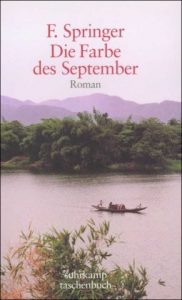
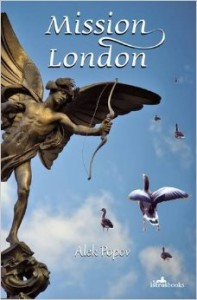
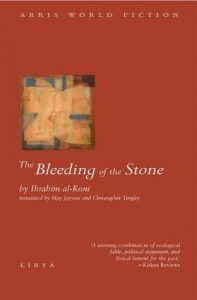
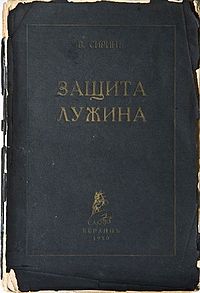
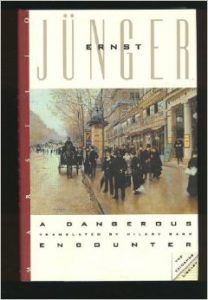
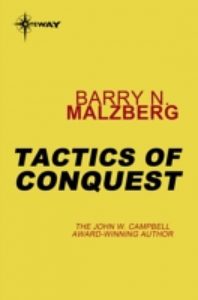
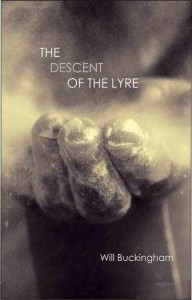
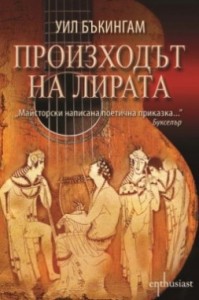


 Facebook
Facebook RSS
RSS Twitter
Twitter